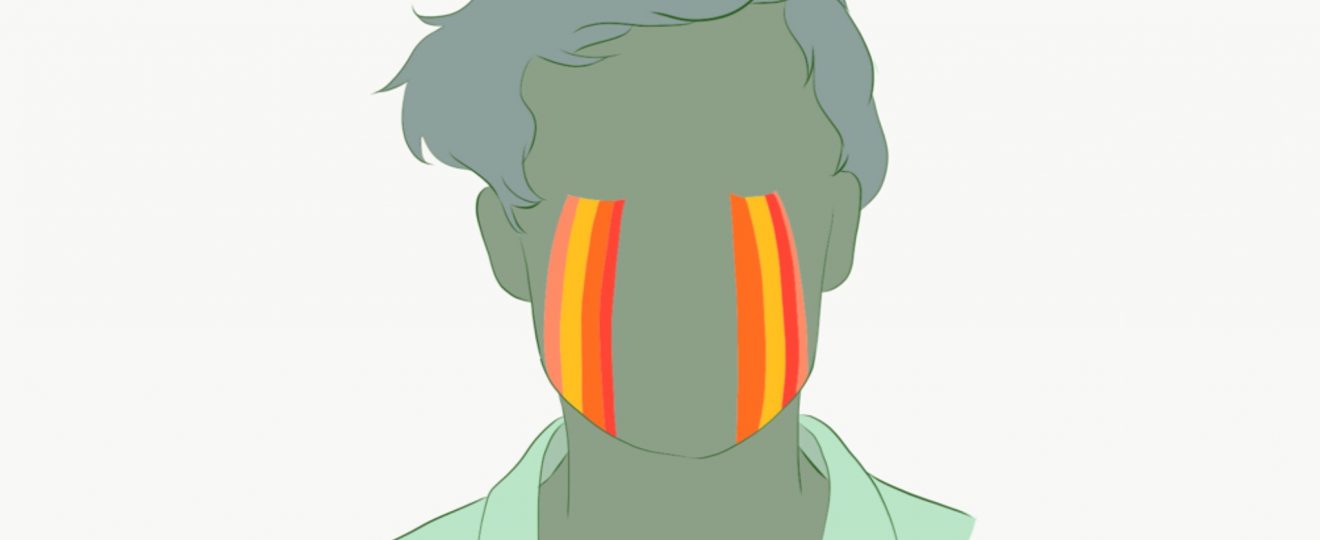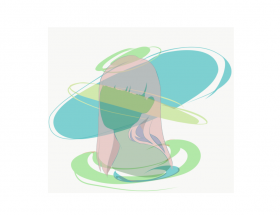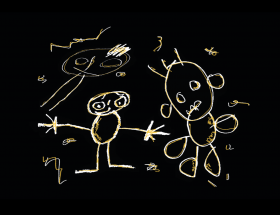Nineteenth-century opera Das Rheingold shows its characters faced with a choice which leaves them utterly torn: they are presented with a magic ring which gives the bearer the power to rule the world- but, first, they must renounce love. Reflecting life (as art never fails to do), the dilemma presented in this work echoes itself across the entirety of humanity; it is apparent that these are the two most sought after aspects of human existence, seemingly bringing comparable levels of meaning to life, and a place in the world.
Whilst power is based on pride, which is fuelled by fear, love is based on vulnerability and openness- thus making the two conquests apparent opposites.
Whichever you choose to prioritise defines how you approach your acquisition of happiness; giving you the tools to define what you believe it is to live a virtuous life. Power gives us control, giving us the tools to hide from vulnerability; and this stoic exterior is favoured by our society, as it seems to deem us attractively resilient and unfazed.
It is apparent that striving for power has been ingrained into the overall psyche of current youth culture; power seems to be the centre of the board that we should squint and aim our dart at, as it elevates us and puts us in a ‘favourable’ position. The meaning of ambition has become warped; it is becoming increasingly difficult for people to be comfortable in their craft and life, and we feel as though there is a constant pressure to strive for more than what we have available to us at the current moment. This pressure is the perfect breeding ground for a multitude of problematic strands of thought that define this age of false illusions, including silencing your emotions and swallowing your individual pursuits.
This brings us the modern myth of self-sufficiency — we are in a social stagnation as well as the myriad of environmental, political and economic problems we face as a generation.
Rather than conforming to this pressure, it is necessary to consider finding strength in breaking yourself down rather than projecting yourself outwards. This should not falsely be labelled as ‘weakness’: being vulnerable with yourself and those you trust, whilst also allowing time for engagement with culture or art is essential in feeding your soul. The loss of self-sufficiency allows for true growth; it enables you to find the depth of yourself you wouldn’t have if you hadn’t allowed the ego to dissolve. I am not arguing against the importance of your individual career success, which is both empowering and necessary (as it provides us with the means to support ourselves and effectively stay alive); as long as it is not used as a measure of the worth of one’s life and self.
Rather than being an embarrassing revelation, it must be accepted that it is part of human experience to want to be loved and valued; which simply means that we are in touch with our emotions. In being open to this and thus ‘vulnerable’, you will experience all emotions including joy more fully because you will be making room for balance.
‘…the only kingdom that makes any man a king is the kingdom of his own soul’
This quote from the book Shantaram by Gregory David Roberts, a book in which the author recounts his own success in achieving utmost power through years of involvement with mafia crime, is one of his concluding reflections. After a life fuelled by fear, he admits that true power lies only with dissolution and conquest of one’s own spirit.
Thus the choice is ours – will we strive for internal or external power in our pursuit of life?
art by Quinn Fagersten




